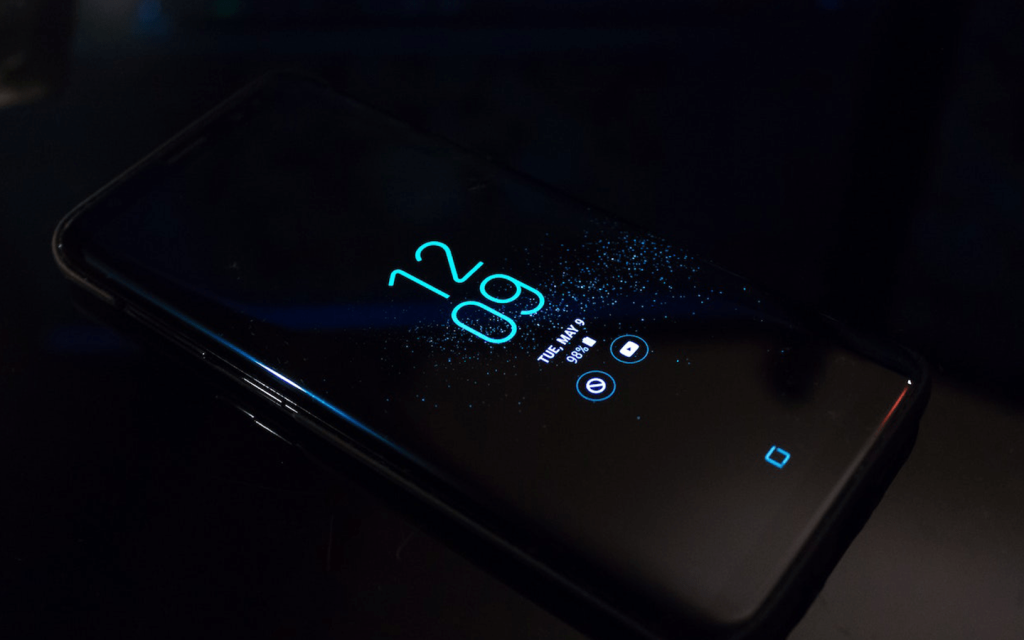“KAIROS” WILL MAKE YOU OBSESSED

Kairos can be quite depressive when observed independently from its magical realism aspects.
The most tragic part about crime stories is when you know the victim is really innocent to the entire situation that they were forced into. So, there is no room for victim blaming at all and only space for pity because you know that their biggest failing was simply trusting the wrong person. Victim blaming, is really only a recourse for people to distance themselves from other people’s suffering so they can feel a certain level of comfort, knowing that they were smarter that those unfortunate folks who were unlucky or not clever enough to avoid trouble since after all, it could never happen to them. The fact that screen writer Lee Soo Hyun is able to cleverly contain this disjunction and translate the tragedy of being unlucky in a series like Kairos, is absolutely remarkable.
Kairos, is a 2020 South Korean thriller largely about the pain of a stoic Kim Seo Jin (Shin Sung Rok), an executive of one of the largest construction companies in the metropolitan areas of South Korea, who is unduly made to suffer at the hands of his most trusted persons. Before this pivotal turning point in his development, Seo Jin had been in talks of earning the right to oversee a major construction project and all he had asked of his wife Kang Hyun Chae (Nam Gyu Ri), was to quietly uphold the role of a doting and orderly wife, along with their young daughter Kim Da Bin (Shim Hye Yun). He was so laser focused on his career, he neglected his family, unfairly demanding perfection in their roles by his side, not seeing that his happy façade was being upheld with strings. Ultimately, it takes the unfortunate kidnapping of his daughter Da Bin to jolt Seo Jin to see the grim reality of his life and to all the things that he’d designated as minute and inconsequential. With a combination of providence, wit, and a willful aide in Han Ae Ri (Lee Se Young), a part time convenience store worker who just so happened to need Seo Jin’s helps at the exact moment when he needed her most, Seo Jin is able to turn the chaos in his life around.
Director Park Seung Woo and Soo Hyun really hold you attached to Kairos and Seo Jin’s journey through the sixteen episodes of the series; it’s actually quite easy to be taken in because the show is so well done. Seo Jin is so pitiful; every part of his story is touched by a semblance of sadness or loss, marked by trauma from his most formative years. Kairos is rich with mystery and a satisfyingly full narrative with dynamic character developments for every personality that is introduced, at many points in the show, the story feels almost too salient, despite its bits of magic realism. But still, throughout it all, Soo Hyun and Seung Woo do not sugar coat the guttural themes of betrayal, heartache, pride, and also generational trauma with all its disastrous fractions.
Despite Seo Jin’s undeserved misery, he redeems himself in every instance with each episode. He grows to become more agreeable, more considerate and thoughtful, reformed even, as a consequence of the pressures he undergoes in the face of so much malice. Yet, Seung Woo and Soo Hyun demand understanding and compassion for nearly every personality, so nonchalantly, it’s difficult to perceive Seo Jin’s story separately without also considering the harmful aspects of his behaviour that drive the apathy he experiences within his community. As with Seo Jin, Kairos forces audiences to consider the idea of redemption by switching the perspectives of each character to show areas of grey and the intersections between the humanity for different individuals in the series, against their cruelty. This is done so naturally, the villains in the series are also afforded their own level of sympathy to challenge the audience’s understanding of different archetypes, exclaiming that nothing is as it seems.
The realism and pragmatism in Kairos can be quite depressive when observed independently from the magical realism in the series. Seo Jin is very intelligent and meticulous but no matter how scrupulous and attentive he is to overturning his reality in Kairos, he continues to bear discomfort. The series centers on the idea of his distress as an inevitability, something so fated, it could only take an impossible stroke of luck to make everything as close to decent as it can be. On its own, this idea is extremely bleak but also, satisfying since it allows for the possibility that a happy ending is actually impossible unless all the stars align for it to exist. Still, Kairos is like any other drama, in that, it has its own faults. The ending is a bit cold, not as reassuring with the warmth and energy that is present before the big reveal of the conclusion. It’s also unstable, unlike the sort of consistency in masterworks like Flower of Evil or Sherlock and yet, upon reflection, after all the stress in the show is taken into account, the stale ending feels earned.
Just like Seo Jin’s story, so many factors were required to be in perfect balance for the success of the show. The acting prowess of supporting actors like Ahn Bo Hyun who plays Seo Jin’s aide, or Nam Gyu Ri, and Lee Se Young is untouchable. They each bring a degree of authenticity to their performances that really adds an element of honesty to the series. Just as well, the cinematography of the series is so complementary to the dark and gloomy tone of the show, everything just works well to assert the strength of the series and it is so well worth it because Kairos is an achievement.